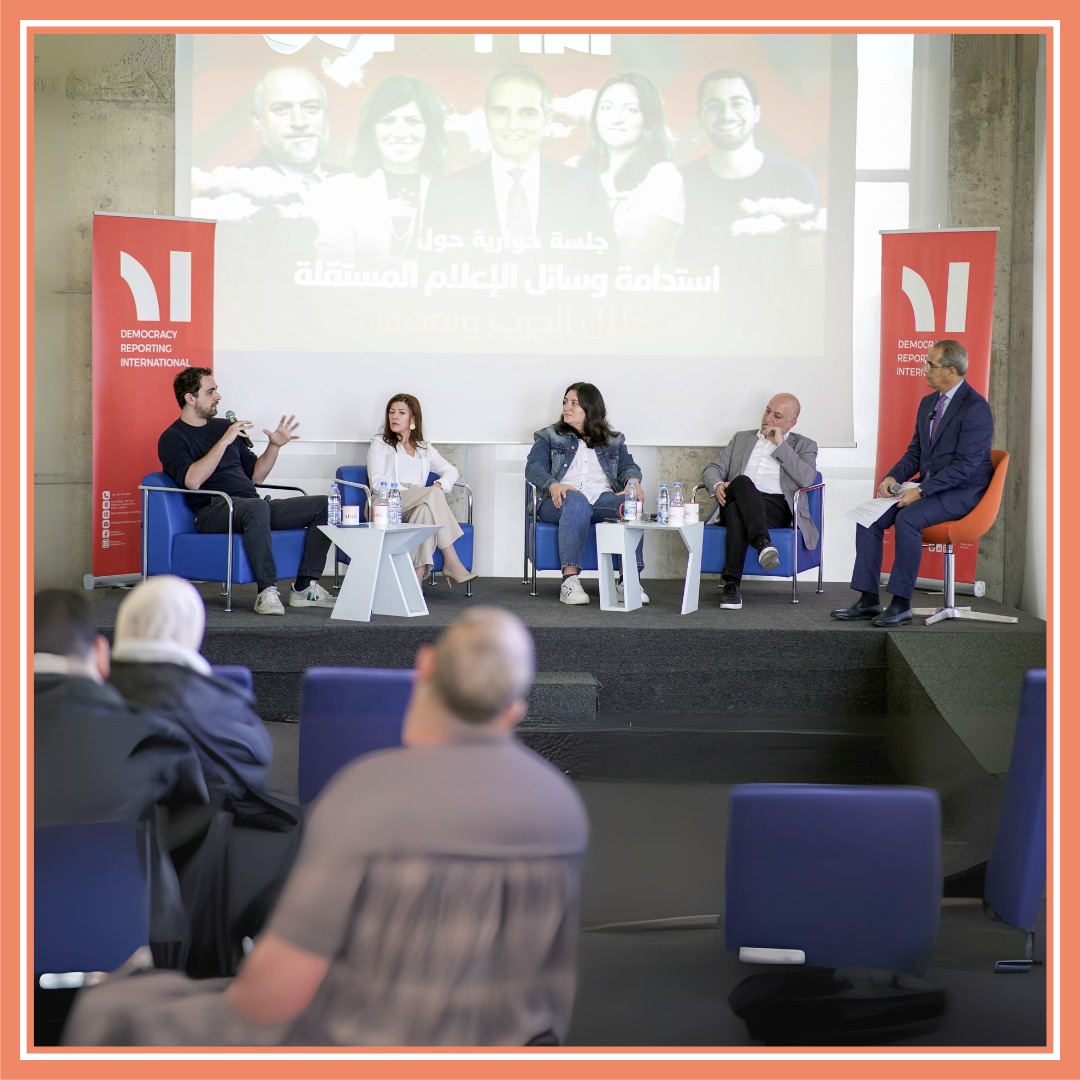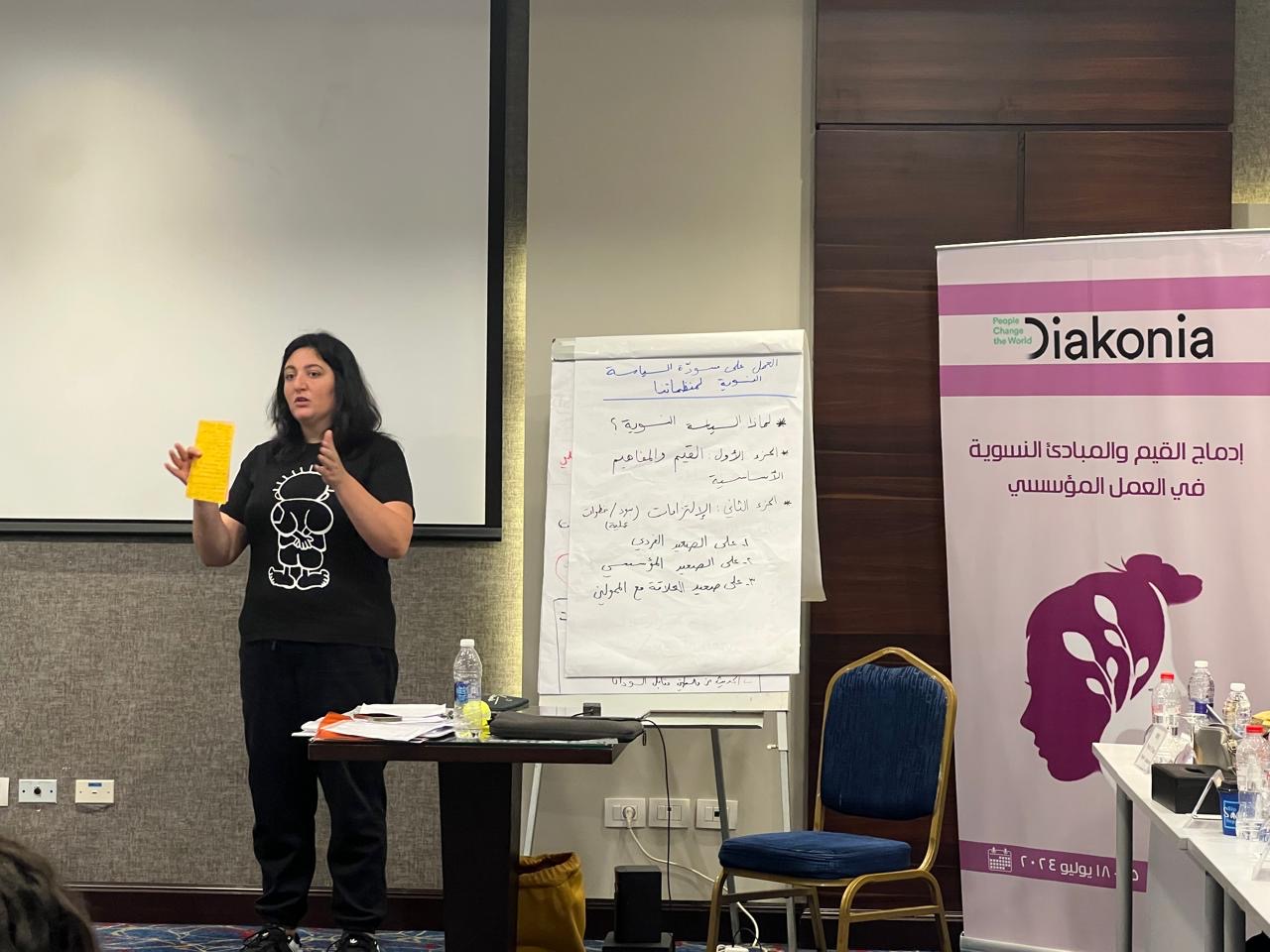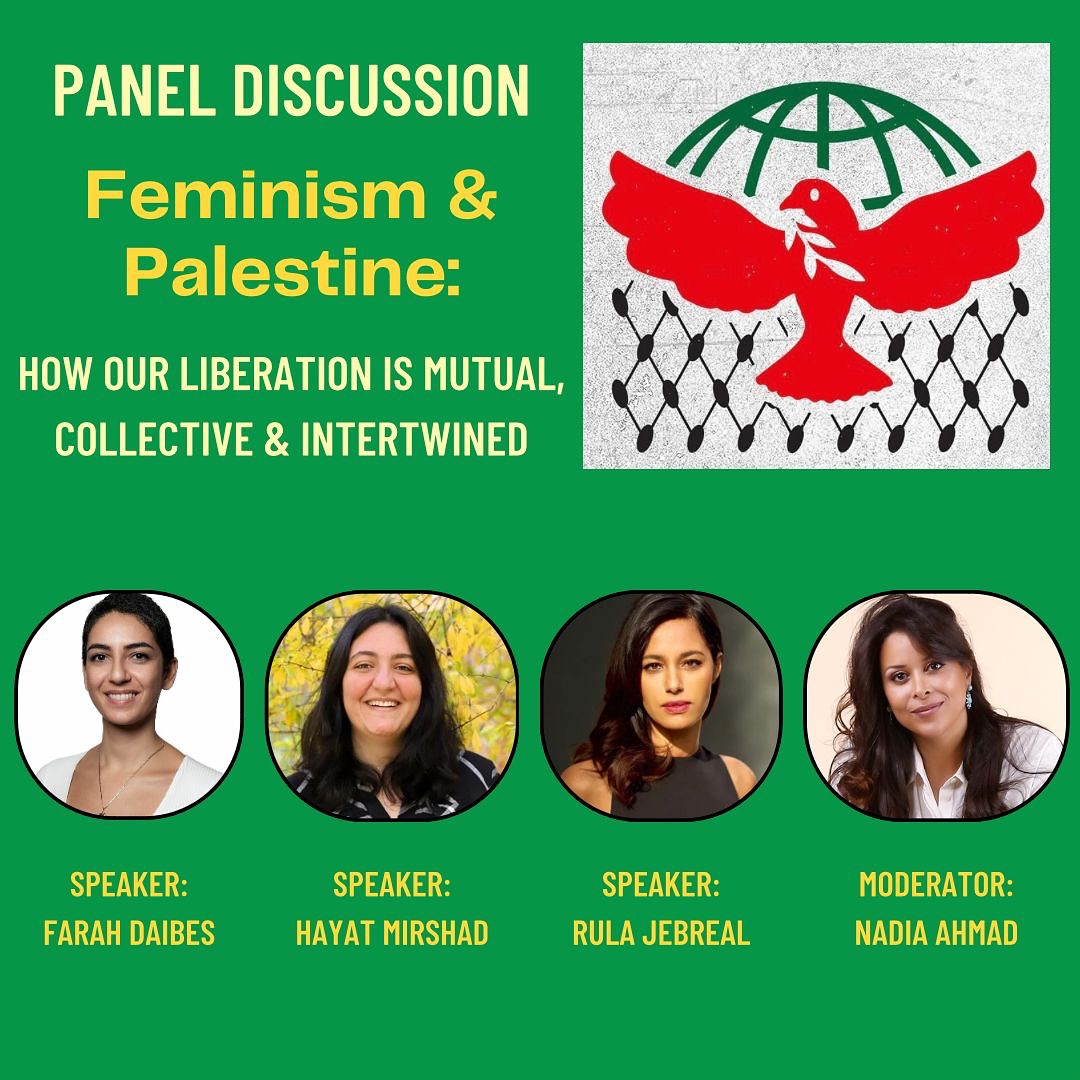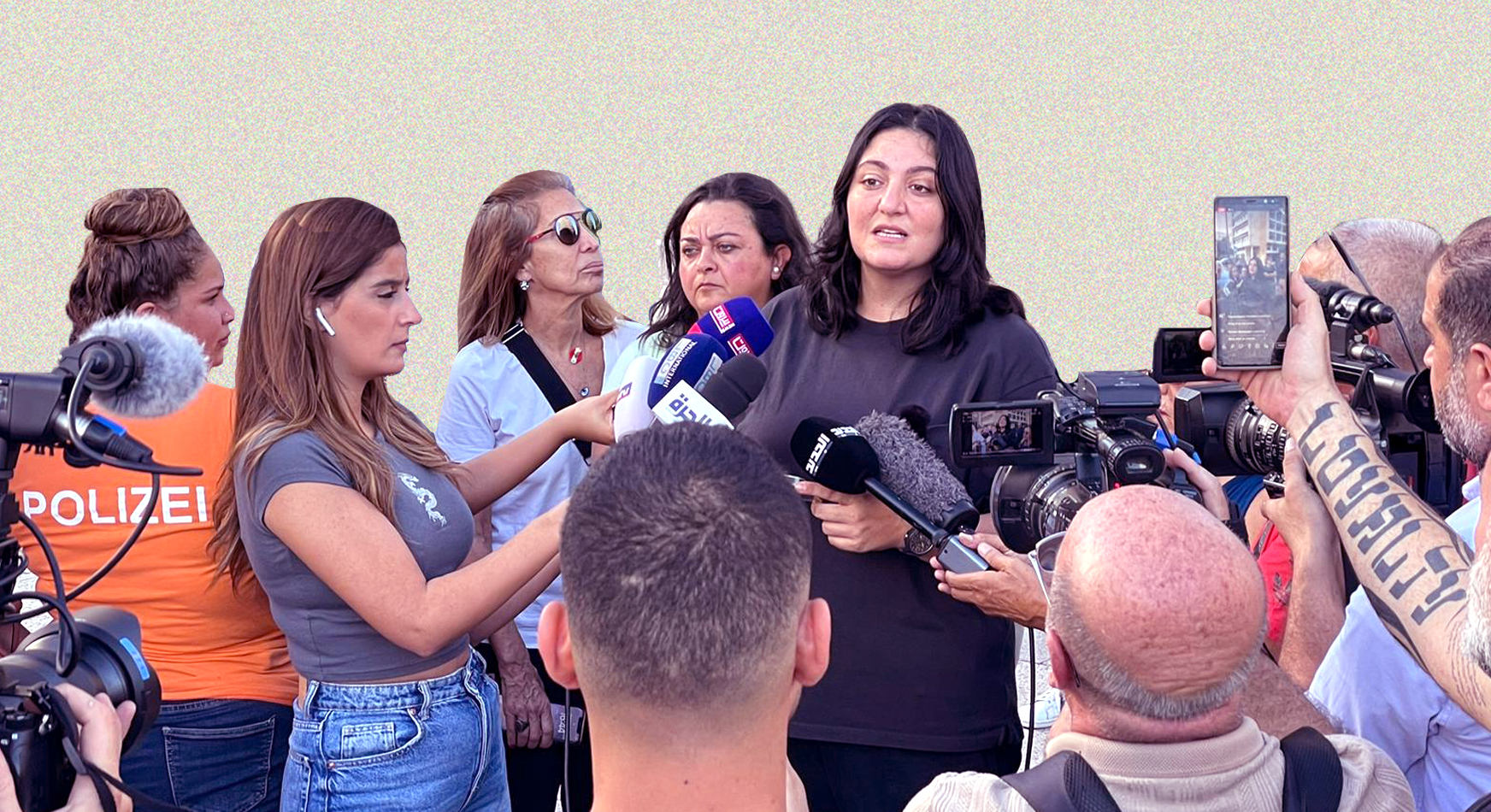Written by: Nadia Ahmad
Journalist, writer and producer
July 29th, 2023, it was a Saturday afternoon when I first heard the calming voice of Hayat Mirshad. Although I had heard of Hayat and her activism, I had never met or spoken to her. At the time, weekends were the harshest on me. I was yet again without my 2-year-old daughter who had been kidnapped violently by her father for the third time in the span of 7 months. Each time my daughter had been
abducted, I was deprived of any information on her whereabouts, or who was caring for her for several weeks on end. During the week, I was between police stations, court houses and lawyer’s offices all day long. Retrieving my daughter had become a full-time job. But on weekends, everything comes to a halt and there’s nothing I can do to get my daughter back except wait for Monday to come around; weekends were excruciating. After having survived the abuse of my husband during our marriage and attempting to survive post-separation abuse, my daughter and I were also being abused by the family court system in Lebanon. I felt alone in my struggle; that is, until I heard Hayat’s voice on that fateful Saturday afternoon.
After our phone call, Hayat paid me a visit. She had seen the video of one of my daughter’s kidnappings that had gone viral, I didn’t need to say much else for her to understand that I was a survivor of abuse. In the two hours that she was seated on my couch, Hayat managed to soothe my withered nerves. She assured me I would get my daughter back and that she would do everything in her power to make sure that my custody of my daughter Roma would not be threatened again. Watching Hayat use that gentle rebel voice on a few phone calls as she launched her intervention to retrieve baby Roma, I noticed Hayat’s quiet confidence. Although “Loud, Proud, Feminist” is a popular slogan in her circles, Hayat didn’t need to be loud. It was enough for Hayat to utter the words that mark the philosophy of
her activism to command audiences globally and instill fear in those who reinforced oppressive patriarchal values. This became ever more evident to me over the course of the next few weeks as she continued to fight for me and Roma, all the while conducting her feminist schools abroad, inspiring the young new leaders of the feminist movement. Prior to her travel and only two days after we met, Hayat won my trust and got me to tell my whole story on an Instagram live, an interview my husband would later sue me for, but one that finally set me free from the chains of my trauma bond with my abuser. I had never felt more empowered.
August 10th, 2023, it had been nearly 40 days since I had seen my daughter or received any news of her, I am subjected to a violent 4-hour confrontation with my abuser at yet another police station. My daughter Roma was made to bare witness to the entire ordeal marked by the onslaught of on-brand verbal abuse from her father. But justice was waged, and I got to take Roma home with me that Thursday afternoon. I knew in my gut, had it not been for Hayat raising her quietly confident voice for Roma, it might have taken much longer to bring my daughter home. Hayat had been keeping regular tabs on me, and I couldn’t wait to share the news. On the phone with Hayat; it was I who was very loud, in my relief, in my joy, in my gratitude. Hayat maintained her quiet confidence, expressing her happiness at our reunion but cautioning me gently: we won a battle but not the war. On that day, I joined the group of hundreds if not thousands of women whose lives were changed by Hayat’s activism.
Four weeks of bliss with my baby had gone by before I first heard about the March for Freedom. The March was to be a peaceful protest organized by several local human rights defenders and organizations as a response to the obscene violations on personal freedoms we had been witnessing by the Lebanese government. The incarceration of comedians, the attack on cultural venues, the censorship of films and books, the silencing of journalists, the abuse and murder of women and children that go unpunished, and the deprivation of our constitutional right to gather in protest. The March started to take shape with three organizations taking the lead; FEMALE, a feminist collective advocating for women’s rights, KAFA, an NGO protecting women from domestic abuse, and Madinati, a politically progressive NGO advocating for political accountability. After some back and forth, the date was set: Saturday, September 30th.
The night of September 29th, I received the harrowing voice notes of the motorcycle mafias (the street gangs representing sectarian politics): “When you see these faggots, dykes and degenerates that call themselves feminists, throw eggs, and tomatoes at them from your balconies. Actually, forget the eggs and tomatoes in this economic crisis, they’re too valuable, cover them in feces and urine instead, even rocks! And then acid or house cleaners, maybe we can purify them!” They were calling on their army: “To all the noble men of Lebanon, the ones who believe in family values, lets meet tomorrow and make sure these gays and lesbians regret ever leaving their homes!” The voice notes were terrifying which was appropriate since they came from people I can only call terrorists.

I wanted to join in the march, but Hayat told me it was too dangerous in my situation, being in the middle of lawsuits from my estranged and dangerous husband. I asked if there was any way to guarantee the safety of protestors and she told me that the Ministry of Interior refused to offer them proper protection, even though they filed the paperwork for the protest well in advance. I was worried but there it was again; that quiet voice of rebellion telling me everything was going to be alright.
Morning of September 30th, Hayat was too busy organizing to let me know if things were going well; I assumed no news is good news and busied myself with Roma. The afternoon lazily rolled around for me, meanwhile on the ground, in the heart of Beirut, chaos was brewing. At 4pm the protesters arrived to Riad Al Solh Square, only to find the Internal Security Forces officers making it impossible for them to gather together in one place. I was following the protest on the Instagram live of an independent news platform. Around 20 protesters, mostly women, were in the center and another 40 were not allowed access to the Square. The motorcycle gangs started arriving too, but them in droves, around 400 of them. Big, sweaty, bearded men; you could almost smell the toxic masculinity. You could hear them from a mile away blowing air horns, revving their engines, and spewing hate speech along with their homophobic slurs. A riotous crowd screaming: “You should be raped on the streets” and “We will crush you once we get our hands on you!” They were directing their violence to the women in the square, standing their ground waiting for the security forces to let the rest of the protesters in. They were waiting in vain.
Then, slicing through the cacophony of hate, came that familiar voice of rebellion. Hayat had finally opened her mouth. She spoke her words. She demanded justice with her unique brand of quiet confidence. Her words firm, intentioned, clear. At one point she said “These streets are ours” – and suddenly… all hell broke loose. The rioters broke through the security barriers, they were out for blood: Hayat’s. Just when Hayat started running away from her attackers, the live cut out and I was left in the dark. About 15 minutes later I received yet another terrifying voice note but this time the terror came from Hayat: “Do anything! Call someone, we are being chased! They want to kill us! Please do something!”. I couldn’t believe our rebel had lost her calm. My heart fell into my stomach. What could I do?! I called anyone who would listen, to no avail. There was nothing I could do. Was this the end of Hayat’s fight for us? Was this protest going to turn into a massacre? Were we going to lose our rebel leader? The woman who put her life on the line for abuse survivors every.
damn. day.? Was it over?
Finally, I get news, Hayat and the 16 other women protesters were crammed in a van, heads to the floor. They were surrounded by hundreds of men, screaming threats and hurling abuses at them. The van was immobile because of the motorcycle hoodlums, who almost flipped the van over while security officers watched. Hayat was shaken, her voice no longer gentle, no longer quiet. Hayat was calling out for her sons. The next hour or so passed painfully slow, until, at long last, the women were finally safe… for now. But not for long. Shortly after the dust settled at Riad Al Solh on the evening of September 30th, 2023, came the onslaught of online hate speech, death threats and twisted media headlines. One thing became glaringly clear: Hayat was on the chopping block, she was firmly planted in the crosshairs of the regime’s rifle. She was the new scapegoat, the new plague the country was suffering. Her feminist ideals and progressive philosophies proved too frightening to the regime; they threatened the status quo. The audacity of Hayat to promote the idea of a nation full of confident, independent women and girls who sought equality and demanded their basic human rights! Who did she think she was?!

In the immediate aftermath of the disaster that was September 30th, we find ourselves in recovery mode, with a designated role for each member of the movement. We must pick up the pieces. We are not safe and least of all Hayat, but we cannot and will not surrender; our lives depend on it. It is time for the women who found empowerment in Hayat’s leadership to stand up, raise our voices in unison and become a feminist rebel army unapologetically defending our human rights. Hayat, we will wage justice with you… until justice is served.








Leave A Comment